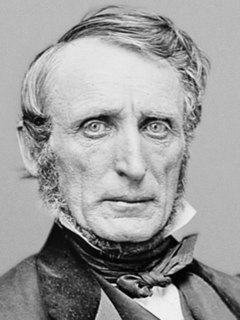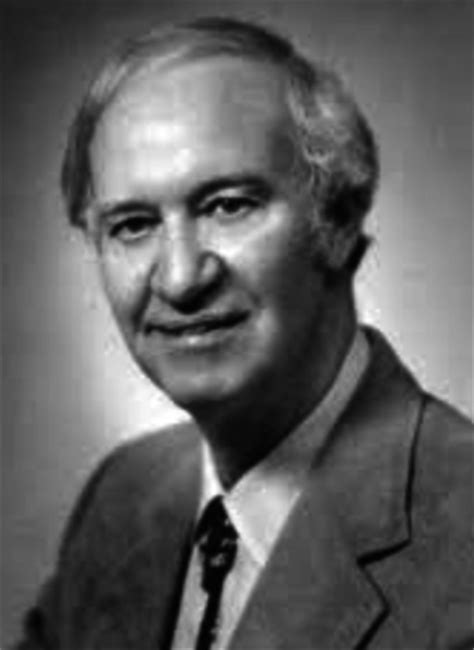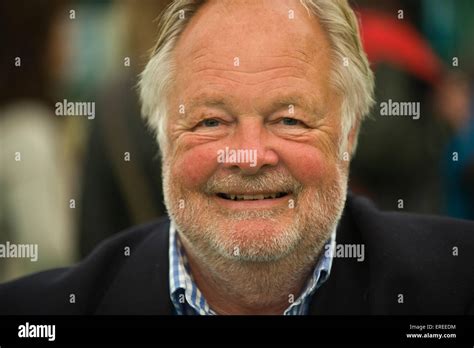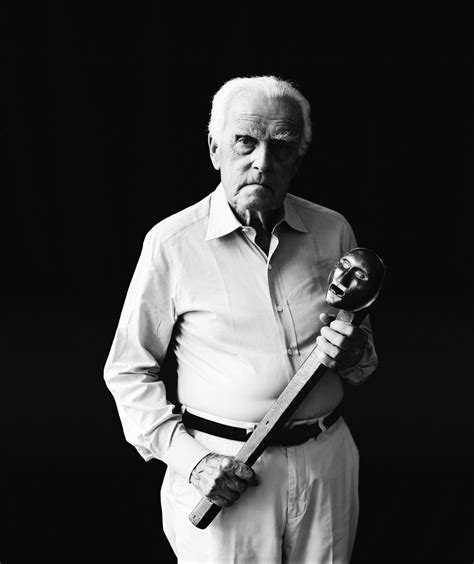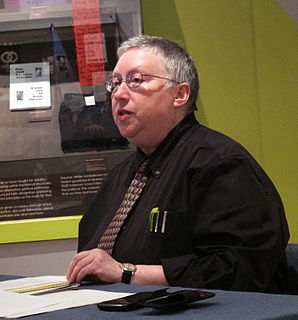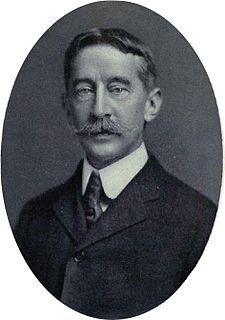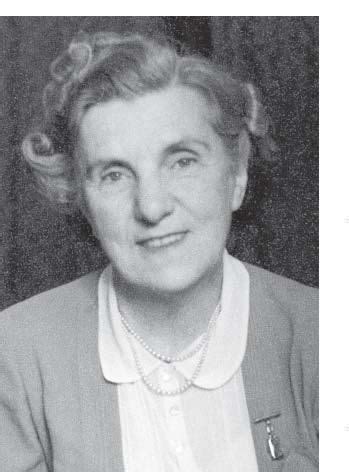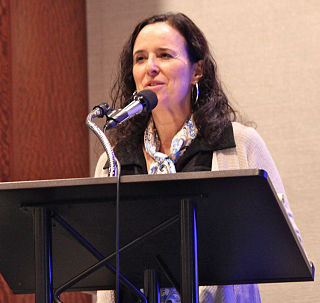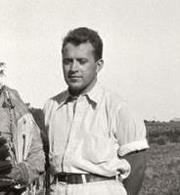A Quote by Jules Henry
The paradox of the human condition is expressed more in education than elsewhere in human culture, because learning to learn has been and continues to be Homo Sapiens' most formidable evolutionary task... It must also be clear that we will never quite learn how to learn, for since Homo Sapiens is self-changing, and since the more culture changes the faster it changes, man's methods and rate of learning will never quite keep pace with his need to learn.
Quote Topics
Also
Because
Been
Changes
Changing
Clear
Condition
Culture
Culture Change
Education
Elsewhere
Evolutionary
Expressed
Faster
Formidable
His
Homo Sapiens
How
Human
Human Condition
Keep
Learn
Learning
Man
Methods
More
Most
Must
Need
Never
Never Quit
Pace
Paradox
Quite
Rate
Sapiens
Self
Since
Task
Than
Will
Related Quotes
What you learn is often determined by what you need to know. If you think you're weak, you will learn that you are strong. If you think you are indestructible, you will learn that you are fragile.
In the end though, you will learn that you are human. You are no more and no less than all those who are learning their lessons as you learn yours.
Formal education will make you a living; self-education will make you a fortune. A successful business owner never stops learning. They educate themselves on the things they need to learn, and they never stop growing. They never arrive at a certain point and think, ahhh... now I don't need to learn anymore.
We will learn no matter what! Learning is as natural as rest or play. With or without books, inspiring trainers or classrooms, we will manage to learn. Educators can, however, make a difference in what people learn and how well they learn it. If we know why we are learning and if the reason fits our needs as we perceive them, we will learn quickly and deeply.
The function of education has never been to free the mind and the spirit of man, but to bind them; and to the end that the mind and spirit of his children should never escape, Homo Sapiens has employed praise, ridicule, admonition, accusation, mutilation, and even torture to chain them to the culture pattern.
None of the three great apes is considered ancestral to modern man, Homo sapiens, but they remain the only other type of extant primate with which human beings share such close physical characteristics. From them we may learn much concerning the behavior of our earliest primate prototypes, because behavior, unlike bones, teeth, or tools, does not fossilize.
The changes that we can make in the culture can be there for people that we will never meet, that will never know us, and that's what keeps me up at night. It's what excites me about science, that we can learn ways of being with each other. And the behavioral sciences have not been enough of a part of cultural development. The physical sciences have; the behavioral sciences have not. And I would like to see if we can bring some things into human culture that would humanize and soften and empower people.


